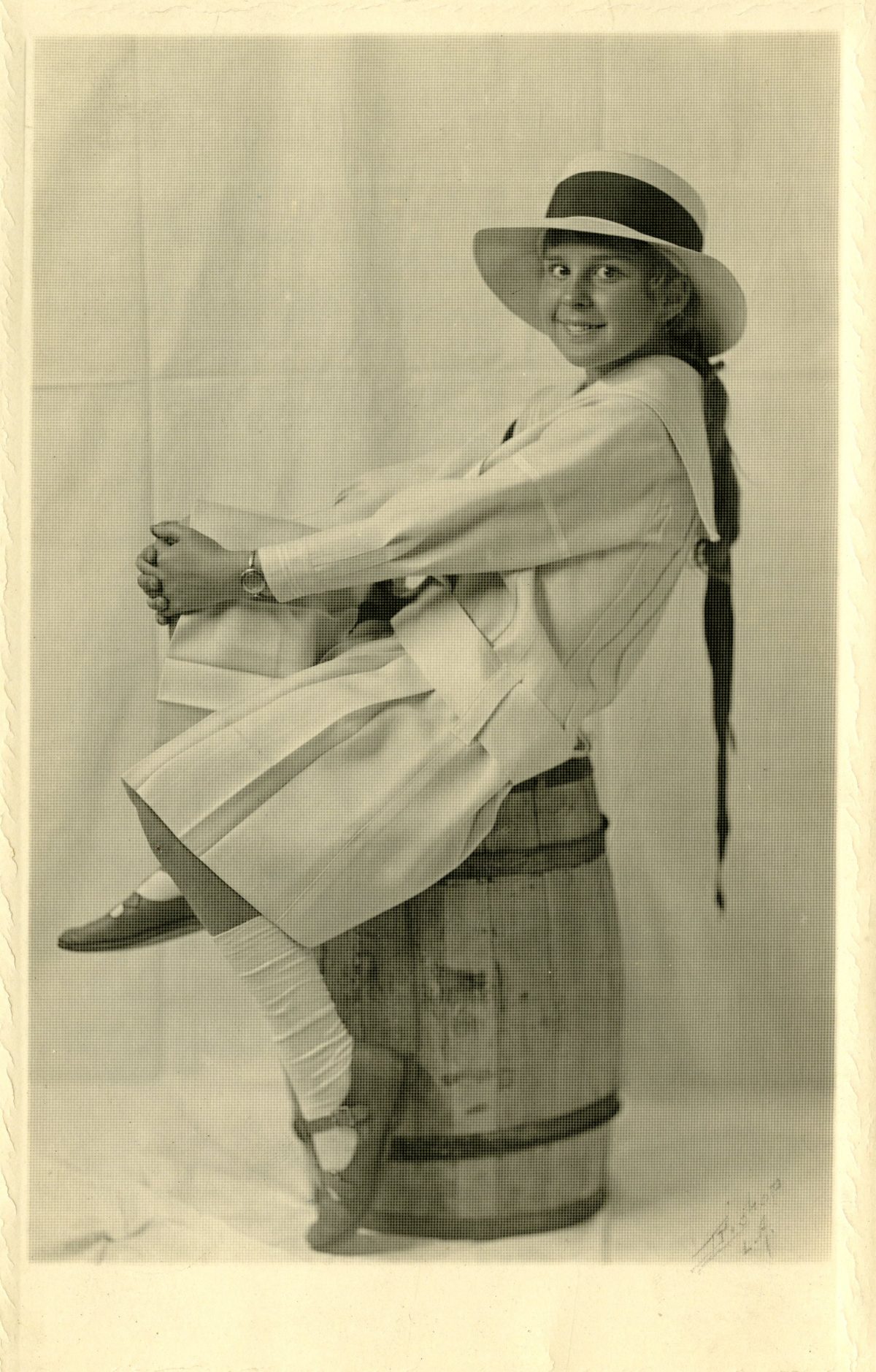Born 1908, Philippa was a writer and the daughter of the English painter, Louie Burrell. Philippa spent much of her childhood travelling the world with her mother, as Louie tried to make a living by painting portraits for wealthy individuals. Philippa made friends easily and was often a hit with her mother’s wealthy clients. She […]

